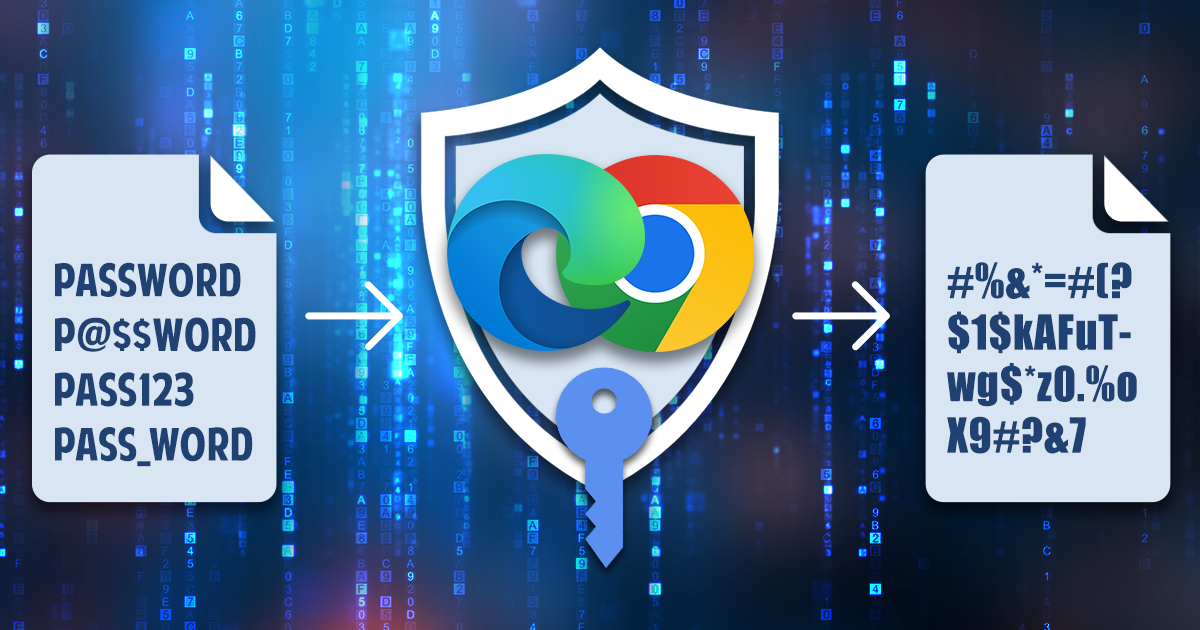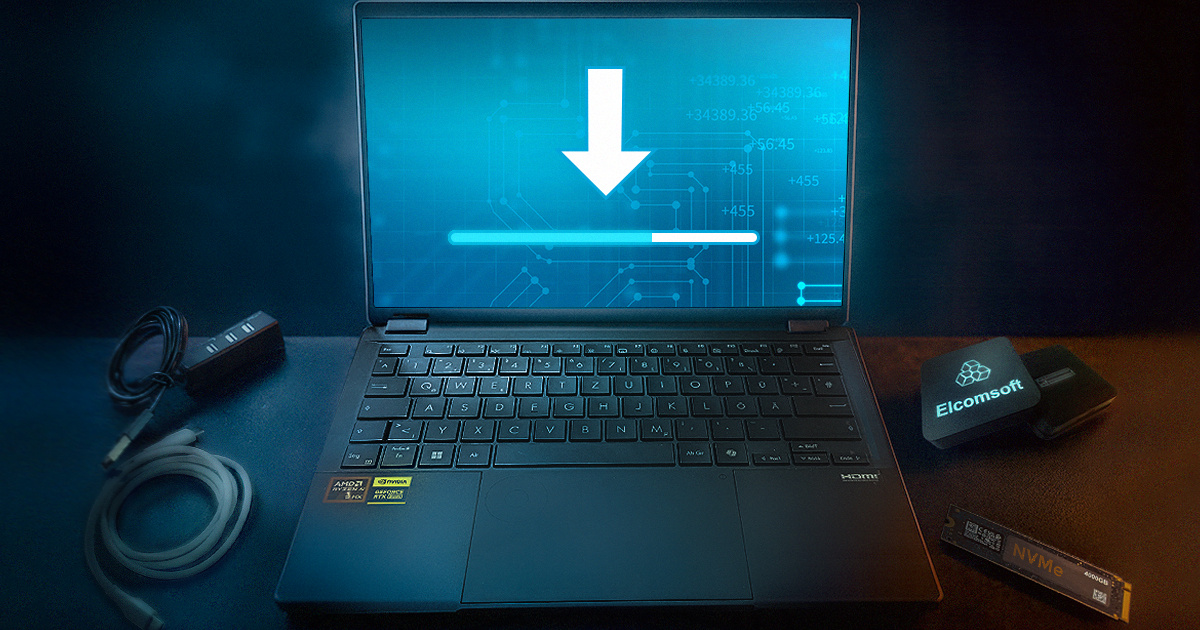Thanks to its presence on Windows and Mac computers, iPhones and Android smartphones (on which it enjoys the default browser status), Google Chrome is the world’s most popular Web browser. In this article you’ll find a comprehensive guide on how to extract Google Chrome passwords from local computers and Google Account. We’ll also cover some common and some little known scenarios helping examiners put extracted passwords to good use – such as decrypting external NAS storage, unlocking BitLocker drives and attacking strong passwords. Let’s find out how to obtain Google Chrome passwords from multiple local and cloud sources such as the user’s Mac or Windows computer and their Google account.
As you may know, we have recently updated Elcomsoft Cloud Explorer, bumping the version number from 1.30 to 1.31. A very minor update? A bunch of unnamed bug fixes and performance improvements? Not really. Under the hood, the new release has major changes that will greatly affect usage experience. What exactly has changed and why, and what are the forensic implications of these changes? Bear with us to find out.
What is a Web browser for you? It’s virtually a whole world, all together: web sites, blogging, photo and video sharing, social networks, instant messaging, shopping… did I forget anything? Oh yes, logins and passwords. 🙂 Set an account here, sign in there, register here and sing up there – everywhere you need logins and passwords to confirm your identity.
Chrome, DES, DPAPI, EINPB, Elcomsoft Distributed Password Recovery, Elcomsoft Internet Password Breaker, Firefox, Network Security Services, Opera, plist, Safari, SQLite, Web Browser


